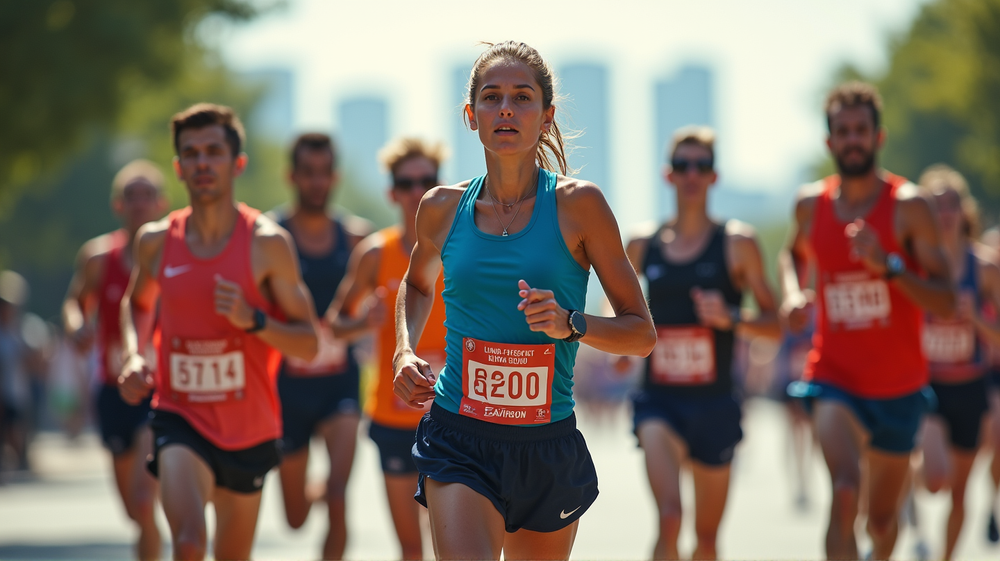Unlocking Virtue: How Purpose Transforms Discipline into Character
What elevates the disciplined acts of daily life into the realm of virtue? According to Dr. Sarah Schnitker, a leading psychologist at Baylor University, the answer transcends mere personal growth and lies in embracing a purpose greater than oneself. The profound transformation from mere self-discipline to lasting virtue unfolds through ties that bind individuals to shared meanings and moral purposes.
Discovering the Connection Between Discipline and Virtue
The quest for self-betterment is a common pursuit. But does it always foster virtue? Dr. Schnitker’s research asserts that while self-discipline contributes to personal achievements, the essence of virtue is deeply rooted in motivations beyond the self. Her groundbreaking study involving marathon runners demonstrates this principle vividly. According to Big Think, the participants who pursued goals entwined with social good—raising funds for clean water—exhibited substantial growth in generosity and patience.
A Deeper Dive into Motivations
The study delved into three distinct types of motivations: personal fitness, pro-social causes, and spiritual proximity. While not all participants experienced an increase in virtues, those whose motivations connected to broader meanings showed remarkable character enhancement. Such findings challenge conventional beliefs that personal goal-setting suffices for virtue development. Instead, virtue flourishes when individuals shift from self-focused goals to actions that foster communal good and spiritual fulfillment.
The Role of Shared Goals in Virtue Growth
Imagine training for a marathon not just for personal health benefits but as part of a philanthropic endeavor. Dr. Schnitker emphasizes that virtues like generosity are inherently tied to larger causes. It is in these collective efforts that individuals find the motivation to cultivate self-control and humility. By engaging in shared pursuits, individuals harness a wealth of connections that invigorate their journey toward virtue.
Virtue Through the Lens of Community
This research posits that the road to virtue is interwoven with interpersonal bonds. A world seen through the lens of shared responsibility invites individuals to partake in causes that provide a sense of meaning and unity. Whether motivated by environmental stewardship or community engagement, these pursuits resonate deeply within the fabric of societal virtues, affirming that true character growth transcends the solitary journey.
Charting the Path to Lasting Transformation
So, how does one embark on this journey from discipline to virtue? Dr. Schnitker suggests beginning by shifting personal narratives toward collective stories of positive change. While self-discipline forms a solid foundation, it is the intertwined journey with others that bears the potential for lasting transformation. Embracing motives beyond self-betterment ushers in an era where disciplined living blossoms into virtuous existence.
By exploring these crucial insights, individuals and communities can pave the way to meaningful personal and societal transformation, redefining what it means to live a virtuous life.




